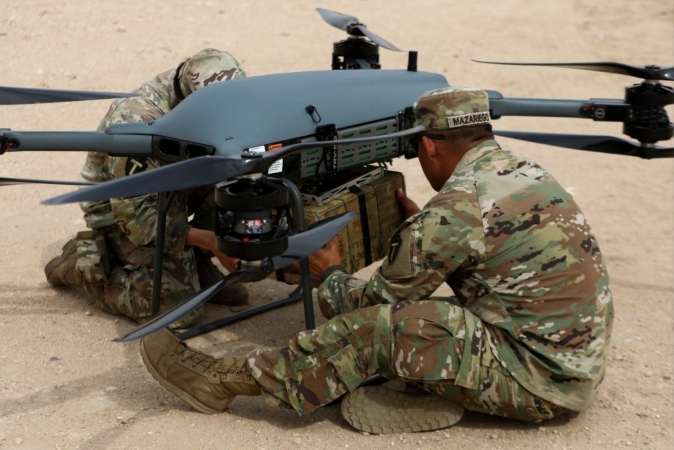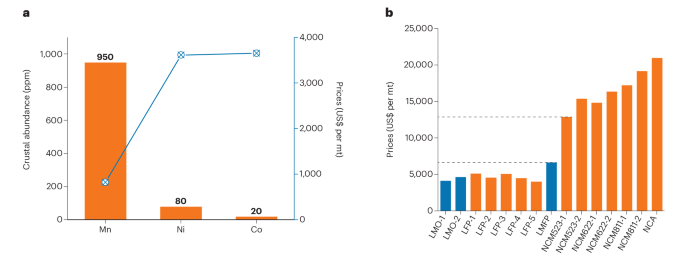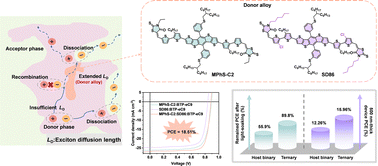AI Can Draft Board Minutes—But Should It? Considerations for Public Companies
The proliferation of AI recording, transcription, and summarization features within video conferencing platforms (“AI meeting tools”) has led many public companies to consider adopting AI meeting tools to assist with the drafting of board and committee meeting minutes. While AI meeting tools offer several practical benefits, evaluating the potential risks associated with the use of […]

Charu A. Chandrasekhar, Avi Gesser, and Eric T. Juergens are partners at Debevoise & Plimpton LLP. This post is based on a Debevoise & Plimpton memorandum by Ms. Chandrasekhar, Mr. Gesser, Mr. Juergens, Matthew E. Kaplan, Kristin A. Snyder, and Amy Pereira.
The proliferation of AI recording, transcription, and summarization features within video conferencing platforms (“AI meeting tools”) has led many public companies to consider adopting AI meeting tools to assist with the drafting of board and committee meeting minutes. While AI meeting tools offer several practical benefits, evaluating the potential risks associated with the use of these features is crucial from a risk oversight, governance, and controls perspective.
Debevoise’s Capital Markets, White Collar and Regulatory Defense, and Data Strategy and Security Practices will be holding a webinar on July 29, 2025 at 12:00pm ET to discuss best practices and risk considerations for public companies considering the adoption of AI meeting tools.
Key Considerations. Below we outline certain important considerations that should be top-of-mind for public companies that are considering the use of these types of AI applications in board and committee meetings.
- Confidentiality and Cybersecurity. Companies using AI meeting tools should confirm with the AI provider that: (i) company data will remain confidential and will not be used to train any AI model; (ii) humans at the AI provider will not have access to company data; (iii) the AI provider will not share company data with any other third parties absent specifically agreed extraordinary circumstances; and (iv) the AI provider has an effective cybersecurity program reasonably designed to protect company data.











































































































































